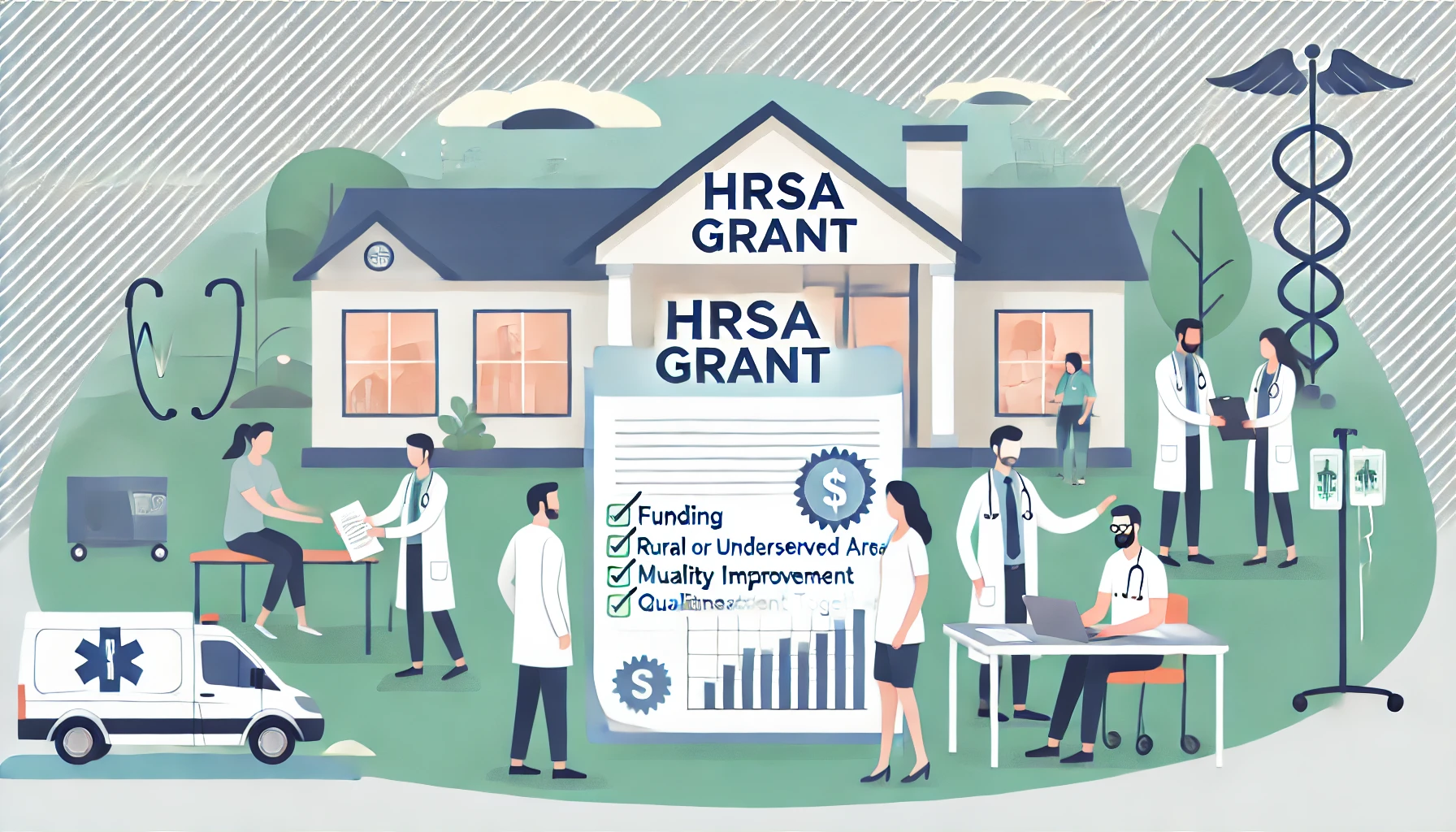
Table of Contents

Revolutionizing Maternity Care: AI Enhances Safety for Moms and Babies
A new AI tool enhances maternity care by analyzing data to improve safety for mothers and babies, aiming to reduce complications during childbirth.
Revolutionizing Maternity Care: AI Enhances Safety for Moms and Babies
The Role of Technology in Modern Maternity Care
In recent years, technology has transformed numerous industries, and healthcare is no exception. In particular, maternity care has seen a significant evolution through the integration of artificial intelligence (AI). AI's ability to analyze large volumes of data and identify patterns makes it a game-changer in ensuring the well-being of mothers and their newborns during pregnancy and childbirth.
Understanding AI in Healthcare
Before delving into the specifics of maternity care, it is essential to understand how AI functions within the broader healthcare landscape. AI encompasses advanced algorithms that can learn from and interpret data. In healthcare, AI applications can enhance diagnostic accuracy, personalize treatment plans, and improve patient management by leveraging vast datasets.
Benefits of AI in Maternity Care
The implementation of AI in maternity care provides several benefits:
- Enhanced Predictive Analysis: AI systems can predict potential complications during pregnancy, such as preeclampsia or gestational diabetes, allowing for early intervention.
- Improved Monitoring: Continuous tracking of fetal heart rate and maternal health indicators can prevent unforeseen issues, ensuring timely medical responses.
- Resource Optimization: By identifying high-risk pregnancies earlier, healthcare providers can allocate resources more effectively, concentrating efforts where they are needed most.
AI in Predictive Analytics
Predictive analytics in maternity care plays a vital role in identifying risks beforehand. AI tools analyze patient history, genetic information, and lifestyle factors to assess risk levels for various complications. With this foresight, healthcare providers can implement preventative measures, enhancing maternal and fetal safety.
Real-World Applications of AI in Maternity Care
Numerous applications of AI are currently being employed in maternity settings, providing tangible improvements in maternal and fetal outcomes. Several key applications include:
Monitoring Systems
AI-driven monitoring systems are revolutionizing how healthcare providers track the health of both mother and child. These systems offer real-time data on fetal movements, heart rates, and other vital signs. Over time, AI algorithms improve accuracy, enabling healthcare professionals to detect irregular patterns that may indicate distress, resulting in timely interventions.
Digital Health Platforms
The rise of digital health platforms has led to more accessible maternity care. AI-powered applications offer personalized health advice for expectant mothers, providing insights into nutrition, exercise, and mental health. These platforms bridge the gap between clinic visits, giving mothers peace of mind with consistent, quality care.
Virtual Assistants and Chatbots
AI chatbots and virtual assistants have become valuable resources for expectant mothers, providing answers to frequently asked questions about pregnancy. These intelligent bots offer 24/7 support to address concerns, reducing anxiety and increasing confidence in the maternity care provided.
Challenges and Considerations
Despite the promising potential of AI in maternity care, several challenges must be addressed:
- Data Privacy: Protecting patient data is paramount. Regulations and practices must be in place to ensure sensitive information remains secure.
- Equity in Access: Not all regions have equal access to AI technologies. Efforts must be made to spread these advancements to underserved populations.
- Integration with Human Touch: AI should complement, not replace, the compassion and expertise of healthcare professionals.
The Future of AI in Maternity Care
The future looks promising as AI technologies continue to evolve. Innovations such as virtual reality for pain management and AI-driven simulations for medical staff training are already being explored. Alongside these developments, ongoing research and collaboration will be key to overcoming challenges and maximizing the potential of AI to ensure safer outcomes for mothers and their babies.
Conclusion
Maternity care stands on the brink of a transformative era with the help of AI. From enhancing predictive analytics to providing consistent, personalized care, AI is set to revolutionize how healthcare professionals manage pregnancies. By addressing challenges and continuing to integrate these technologies responsibly, we can look forward to a future where AI significantly enhances the safety and well-being of both mothers and babies.
```
Why Every Hospital Needs a Quality and Patient Safety Program
Every hospital needs a quality and patient safety program to reduce harm, improve care, and foster a culture of accountability.
.png)
.png)

HRSA FQHC Requirements: A Comprehensive Guide for Healthcare Providers
When it comes to federally qualified health center requirements, there’s no shortage of regulations, expectations, and—depending on your perspective—opportunities.
.png)
.png)

Unlocking Funding: A Guide to Health Resources and Services Administration (HRSA) Grants
Use HRSA grants to fund external peer review programs that enhance care quality, reduce bias, and support compliance in health centers.
.png)
.png)



.png)
.png)
.png)






.png)